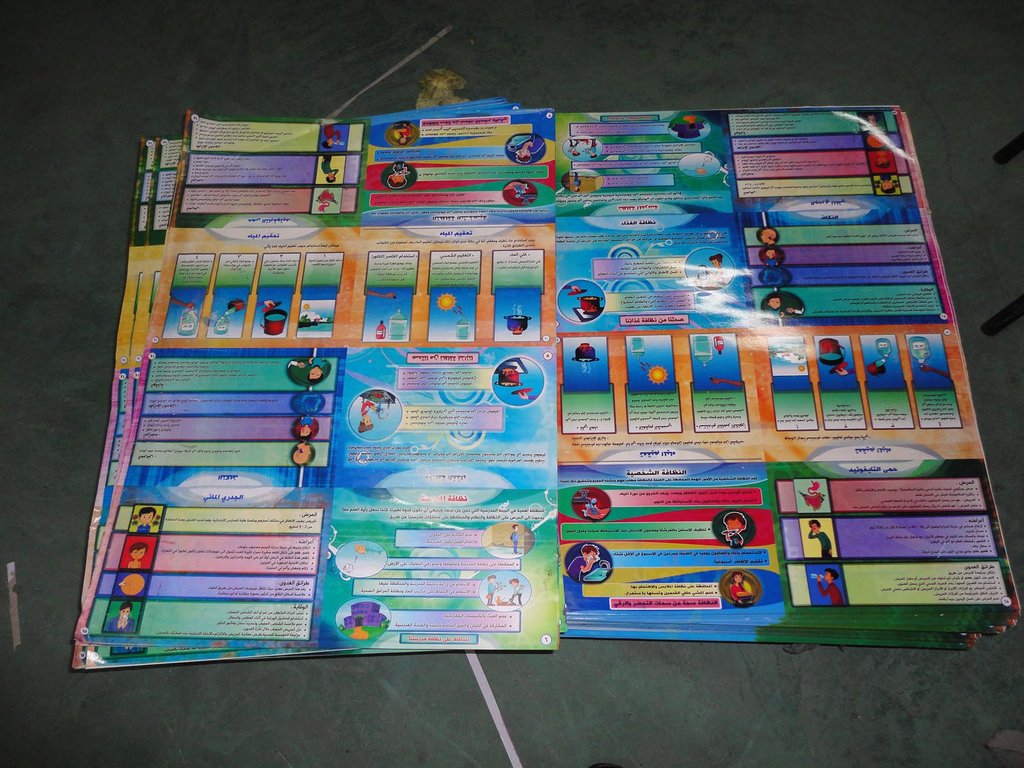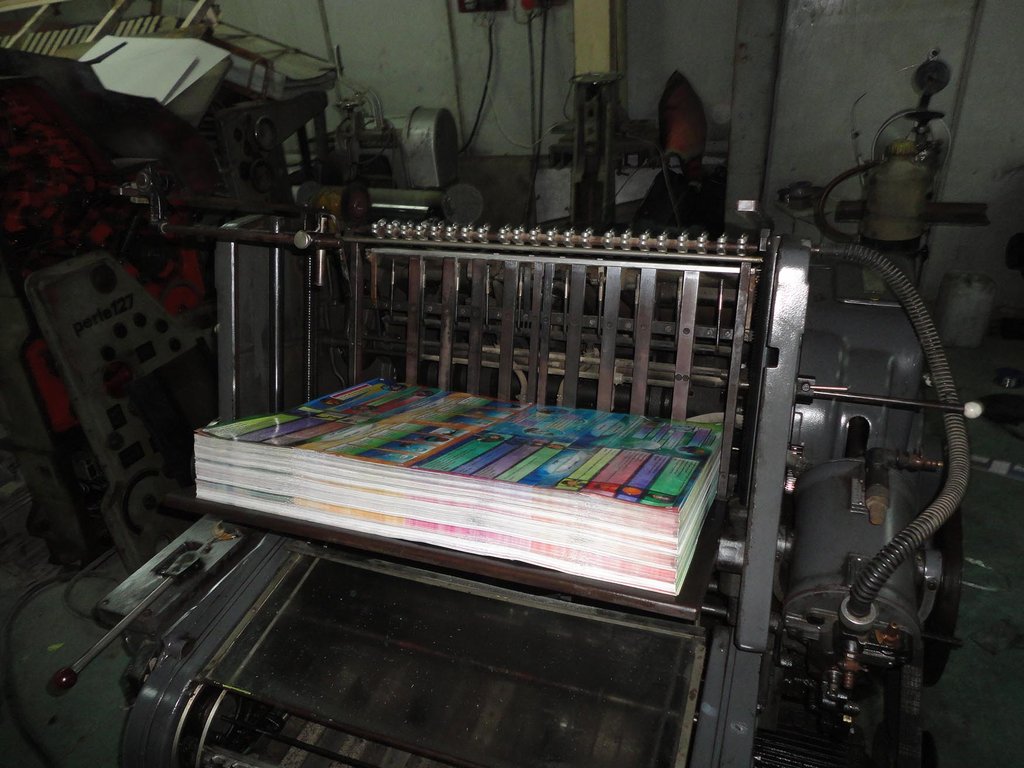By Miyako Hamasaka | PR Manager
JEN sent emergency response to one of the IDP camps in the Kurdish region, which accommodates approximately 13,000 individuals. In a crowded emergency situation, where people live close to each other, the likelihood of diseases developing and spreading quickly is high. Although each tent is allocated a private toilet facility in the Camp, which allows for greater privacy and better sanitation environment, some people still engage in risky hygiene behaviors.
One of the major issues many IDP camps in Kurdistan face currently is the outbreak of scabies. Scabies is a contagious skin condition transmitted by small mites, causing rash and intense itchiness. Scabies commonly occur with lack of personal hygiene. Although it can be treated fairly simply with appropriate medicine, the disease can spread very quickly through skin contact with someone who has scabies or even sharing contaminated mattresses and blankets. When one member of the family is infected, the whole family becomes vulnerable.
In the Camp, there have been over 150 identified cases of scabies for individuals ranging from ages 7 months to 60 years old. In order to quickly minimize the impact and spread of scabies, JEN is working in collaboration with the camp management, UNHCR and other agencies focusing on health, provision of hygiene kits, medicine and clean mattresses and blankets to families that are affected.
In addition, in order to ensure that people can properly protect themselves from scabies and other common diseases, JEN is preparing to launch hygiene promotion activities through volunteer groups in the camp.
Water trucking in Mountainous Areas
The majority of IDPs are living in tents and makeshift shelters in temporary settlements scattered around the mountain in the Ninewa governorate.
During the preliminary assessment conducted in January 2015, JEN staff witnessed the dire needs of the community, especially in areas of shelter, food and water. In particular, the need for water access came out as one of the most urgent priorities, as the location of water wells or water tanks that received daily water delivery was far from many of the informal settlements. In addition, there were many complaints regarding the water quality, as the communal water tank was old and rusty which often contaminated the water.
To alleviate the dire living conditions, JEN has been working to improve the communities’ access to clean water. To that end, in March 2015, JEN installed 12 new communal water tanks near the settlements and has been delivering water through water trucks. Each day, trucks deliver a total of 24,000 liters of water to around 1,200 families.
Water distribution monitoring is also being done by the community representatives to ensure that the allocated amount of water is being delivered to the water tanks every day. Thanks to the collaborative efforts of the community and its representatives and the truck drivers, JEN has been able to confirm that water is being delivered every day and there have been no complaints regarding the water quantity and quality!
Tragedy of Halabja
In March and April, there are many anniversaries in Kurdistan. One of its anniversaries on March 16th is the Halabja chemical attack. On that day in 1988, over 5,000 people were killed by chemical weapon in Halabja located in Southeast of Kurdistan. Even now, 15 years after the tragedy, people line up in the road and take a moment of silence at 11am on March16th. During the moment of silence, even cars stop and only the wailing sirens are heard.
People in Kurdistan know much about the atomic bombings of Hiroshima and Nagasaki, considered as the similar tragedies as the one in Halabja. When I lined up, I was asked whether Japanese people take a moment of silence on the anniversary of the atomic bombings. Other than in Hiroshima, Nagasaki and in schools, it seems that there are not many people praying. Around 70 years have passed since the end of war, which seems like a long time ago for us. On the other hand, after Halabja chemical attack and even now, people in Kurdistan have been suffering a lot. They would keep praying on the anniversary of Halabja chemical attack which epitomizes the hardship they experienced.
Project reports on GlobalGiving are posted directly to globalgiving.org by Project Leaders as they are completed, generally every 3-4 months. To protect the integrity of these documents, GlobalGiving does not alter them; therefore you may find some language or formatting issues.
If you donate to this project or have donated to this project, you can receive an email when this project posts a report. You can also subscribe for reports without donating.

